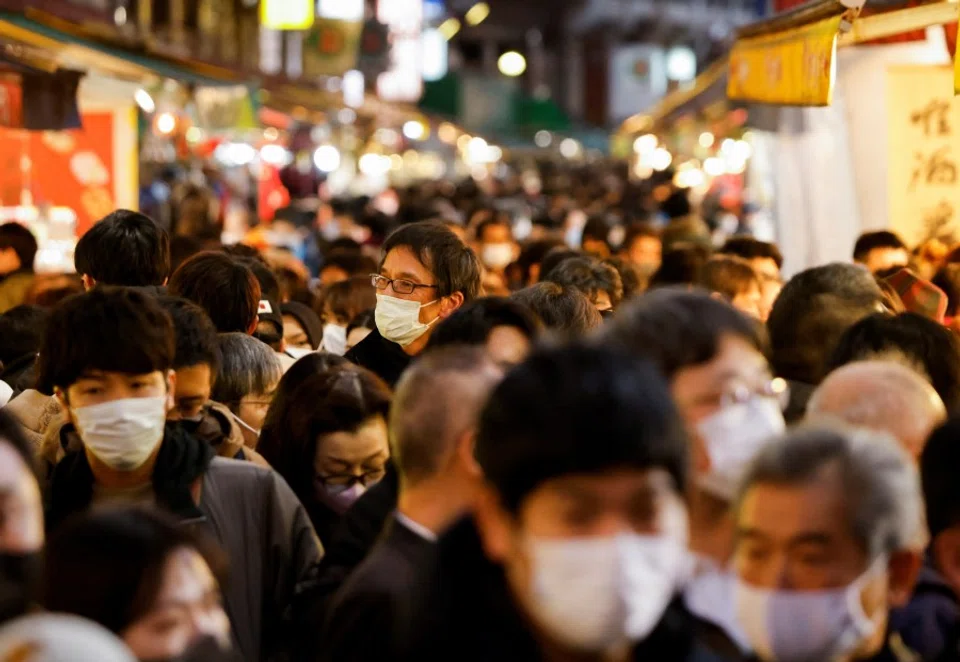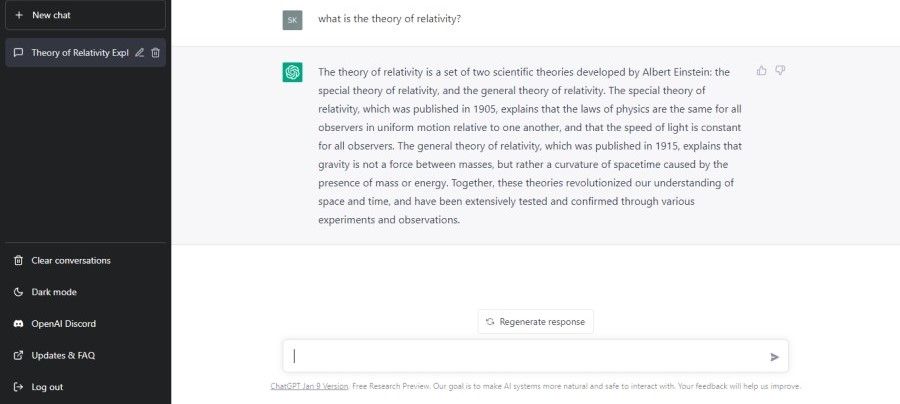AI is taking the place of mental labour but fear not

On 1 December 2022, artificial intelligence (AI) research laboratory OpenAI released ChatGPT, a free-to-use chatbot that simulates human speech patterns to interact naturally with users. It can take instructions in human language instead of programming language, and provides some remarkable responses, such as simple computer coding and writing reports.
Breakthrough in AI
With strong support from Tesla CEO Elon Musk, ChatGPT rapidly saw a global wave of test runs, and is currently the hottest tech product around. Tech workers are already using ChatGPT to churn out weekly and monthly reports, while students are using it to write their theses - in some fields, lecturers can't even tell the difference.
ChatGPT is a leap over the previous successes of AI in facial recognition, playing Go, controlling autonomous vehicles and reading medical reports, by lowering the threshold for people to make use of AI.

And so, a longstanding issue has come to the fore - whether human society will soon see the advent of super AI that will surpass human intelligence, and is capable of upending human governance.
I will not delve into whether general AI will awaken and threaten humans like in the movies, because that involves complex technical issues. Most people overlook that even if ChatGPT does not represent the awakening of general AI, it does represent how AI is rapidly changing human society, and may well provide an unconventional solution for Asian countries that are facing an ageing population.
ChatGPT is a leap over the previous successes of AI in facial recognition, playing Go, controlling autonomous vehicles and reading medical reports, by lowering the threshold for people to make use of AI.
AI applications in facial recognition, playing Go, autonomous vehicles, and reading medical reports need specialised programmers to control, use and optimise these functions. For example, for doctors to use AI to wade through medical reports, there would have to be cross-disciplinary talents who are familiar with AI as well as issues in medical care.
This means that nearly all white-collar jobs based on simple dialogue and text communication can be taken over on a large scale...

ChatGPT can interact with anyone in everyday language. While the improvements resulting from such interactions are mostly in writing ordinary reports and simple text applications - which seem less intelligent than playing Go or driving autonomous vehicles - the scope of use has expanded exponentially. This means that nearly all white-collar jobs based on simple dialogue and text communication can be taken over on a large scale without the need for specialised programmers, making the process much faster and easier to apply for general use.
Real-world applications
For instance, from a purely technical perspective, it is not difficult to develop an AI to handle basic tax accounting for small and micro businesses. However, this requires the collection and processing of samples needed to train the AI, as well as specialised technicians to develop the system. The restructuring of this cost-sensitive sector has made it harder to find such experts, so this sector is still served by regular accounting agencies.
But ChatGPT would allow experienced tax and financial workers to "teach" it by just talking to it and answering questions on taxes, without needing any knowledge about programming. This could well free up more than 90% of the workers in the industry.
Now, AI is taking the place of simple mental labour.
The last time in human society a breakthrough on such a scale happened in the economic sector was the Industrial Revolution, when large-scale, highly efficient machines replaced simple manual labour. Now, AI is taking the place of simple mental labour.

For example, in a securities company, financial white-collar workers use a fixed method of analysis to review financial news and market research, and produce written reports for managers or investors. With ChatGPT, the securities company would only require a few experts to develop the analysis model and insights, and communicate those to the AI to produce daily reports.
More generally, ChatGPT could be used in the service sector, law firms, financial consultancies and government services. In fact, most services involve normal text or dialogue, and AI such as ChatGPT could replace a significant portion of the rank and file workers in these sectors in the short term.
If ChatGPT can free up labour resources, perhaps China, Japan, South Korea and other Asian countries might be able to get back on track for high economic growth.
Freeing up labour
It is worth looking at the opportunities ChatGPT can bring to Asian countries such as China, Japan and South Korea, to solve the problems of ageing populations and insufficient population growth. In these countries, the lack of a young workforce has been a key obstacle to long-term rapid economic growth.
Due to factors such as history and culture, these Asian economies cannot solve the ageing population with migration, just as Europe and the US did. Furthermore, policies encouraging citizens to have children would not solve the immediate problem. If ChatGPT can free up labour resources, perhaps China, Japan, South Korea and other Asian countries might be able to get back on track for high economic growth.
